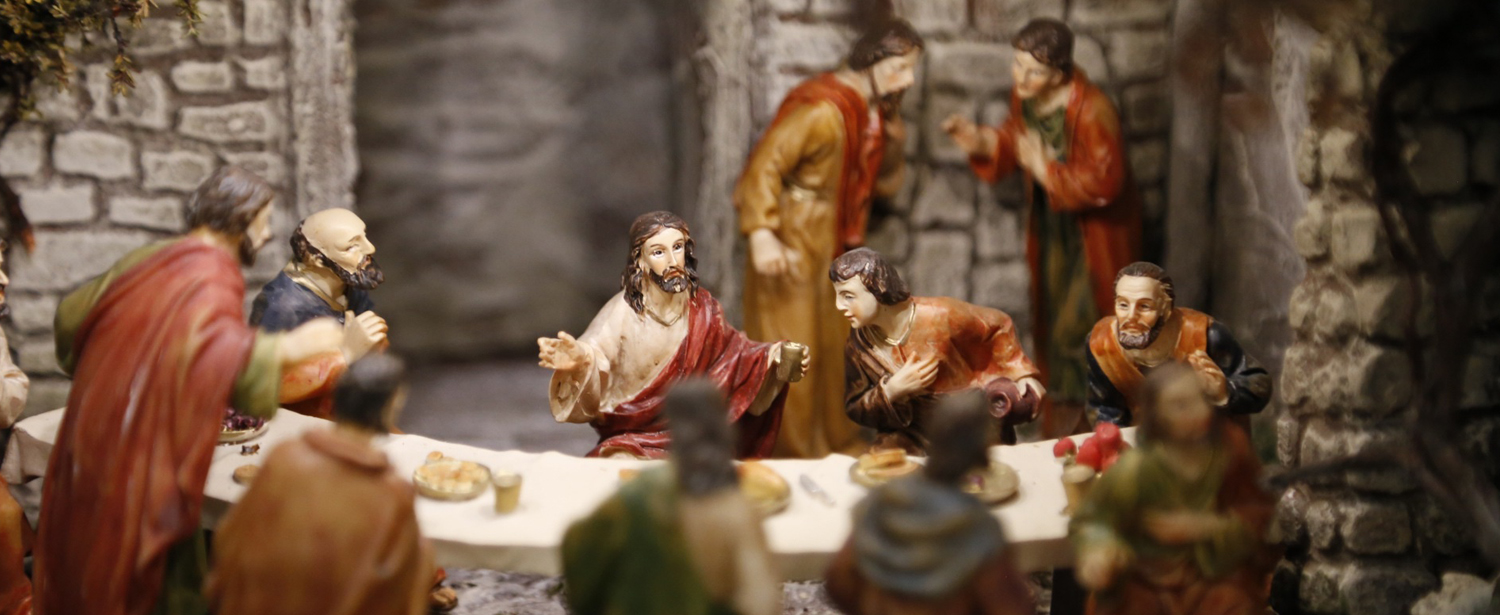Why Should We Believe Mark?
The Gospel of Mark does not specify an author within the pages of the work. The early church fully believed Mark was the author. Eusebius, writing in the early fourth century A.D., quoted Papias from A.D. 140 saying, “And John the Presbyter also said this, Mark being the interpreter of Peter, whatsoever he recorded he wrote with great accuracy . . . He was in company with Peter, who gave him such instruction as was necessary.” (Eusebius, Ecclesiastical History, (A.D. 325), 3:39:15)
Irenaeus, writing around A.D. 185, said, “Mark, the disciple and interpreter of Peter, also transmitted to us in writing what had been preached by Peter.” (Irenaeus, Against Heresies, (A.D. 180), 3:1:1)
Eusebius quoted Clement of Alexandria from about A.D. 200, saying, “When Peter had proclaimed the word publicly at Rome, and declared the Gospel under the influence of the Spirit; as there was a great number present, they requested Mark . . . to reduce these things to writing, and that after composing the Gospel he gave it to those who requested it of him. Which when Peter understood, he directly neither hindered nor encouraged it.” (Eusebius, Ecclesiastical History, (A.D. 325), 6:14:1)
The idea that Peter neither approved nor disapproved the content may reference a concern that Peter was not always portrayed in this Gospel in a positive light. Mark recorded Peter’s denial of Jesus as a major issue and probably caused some concern among early church leaders. The quote from Clement of Alexandria saying that Peter did not disapprove the content seems to have addressed this concern.
The second-century writings quoted above show that early church writers believed that Mark was closely associated with Peter. This is consistent with 1 Peter 5:13, where Peter refers to Mark as his son. This association probably also explains why Peter appears as the main character among the disciples throughout the book of Mark.
Mark is also mentioned several times in the New Testament. In Acts 12:12, Mark was living in Jerusalem with his mother. It seems their home was a center for Christian activity in Jerusalem.
Mark was also related to Barnabas. He began traveling with Paul and Barnabas in Acts 12:25 and went on the missionary journey beginning in Acts 13:1-3. Mark left Paul and Barnabas in Acts 13:13 and returned to Jerusalem. Acts 15:36-41 also recounts a discussion between Paul and Barnabas over Mark. Their disagreement was significant enough to cause them to work separately.
But Mark was not abandoned by Paul indefinitely. In Colossians 4:10, Mark was in Rome helping Paul during his imprisonment. This is also substantiated in another prison epistle, Philemon 24, where Paul calls Mark a fellow worker. Finally, when Paul is nearing martyrdom, he writes to Timothy and asks for Mark, saying that Mark is helpful (2 Timothy 4:11).
Mark is well qualified to write the gospel about Jesus Christ, the Son of God. Because of the statement that Mark wrote what Peter preached in Rome, we might conclude that the handwriting belongs to Mark, but the content is the Gospel of Peter.
